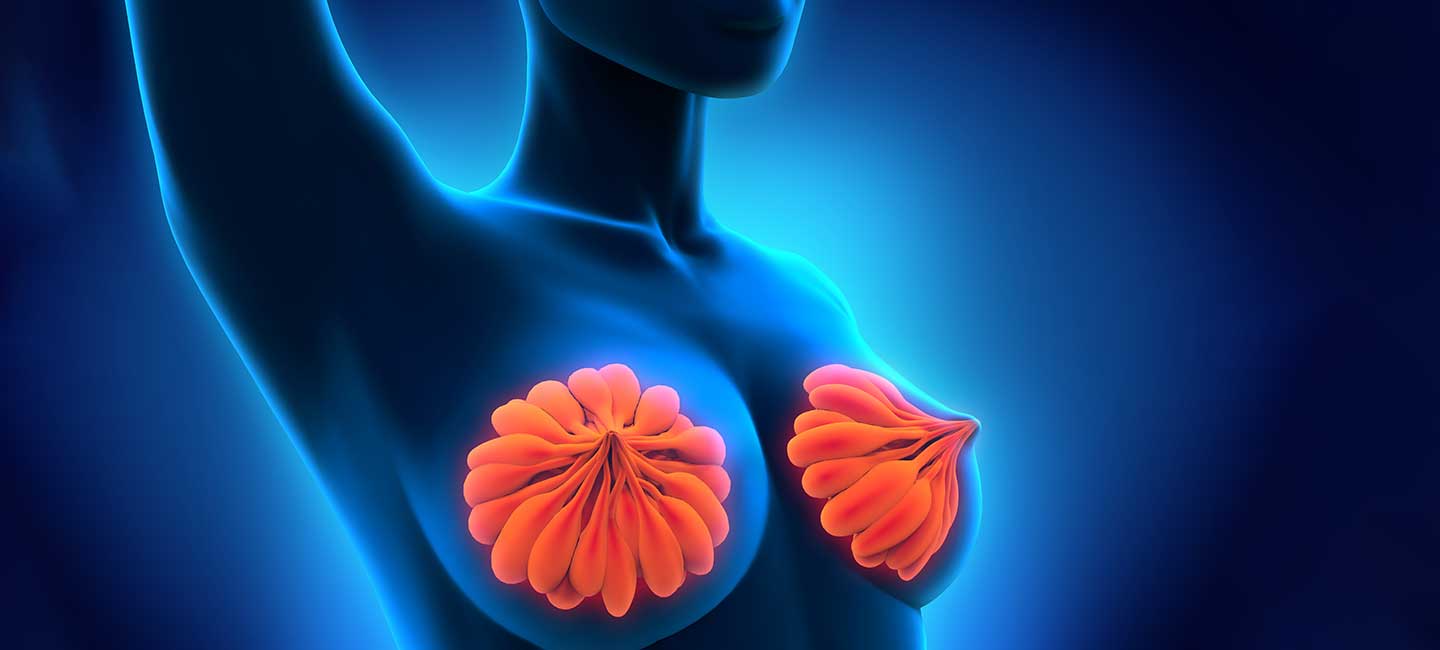Enhertu Gives Patients with HER2-Low Breast Cancer a New Option
A newer subtype of breast cancer patients now has a new treatment option. Enhertu was approved by the U.S. Food and Drug Administration earlier this month for patients with unresectable or metastatic HER2-low breast cancer. It is an antibody-drug conjugate, meaning an antibody is chemically linked to the medication to help its delivery. In this instance, the antibody seeks out tumor cells expressing the HER2 protein, bringing chemotherapy directly to the cancer cells.
“Breast cancer has several subtypes including hormone-receptor positive, HER2-positive and triple-negative breast cancer, which is determined by checking specific markers in tumor cells,” said Dr. Heather Han, director of research in the Department of Breast Oncology at Moffitt Cancer Center.
Targeted therapies have worked well for HER2-positive breast cancer patients, meaning those whose cancer cells have high expression of the HER2 protein. HER2 positive represents about 15% of breast cancer cases. Previously anyone who did not have HER2 expression was classified as HER2-negative and had limited treatment options. But now there is a new subset referred to as HER2-low breast cancer. This group of patients does express HER2 but at a level too low to be considered HER2-positive. This new subtype can be targeted with Enhertu.
Patients with HER2-low breast cancer are eligible for Enhertu if they have received a prior chemotherapy in the metastatic setting or their cancer returned during or within six months of completing adjuvant chemotherapy.

The approval is based on results from DESTINY-Breast04, a randomized, multicenter, open-label clinical trial that enrolled 557 adult patients with unresectable or metastatic HER2-low breast cancer. Results showed at least six months’ improvement in both progression-free and overall survival. Moffitt was one of the sites for the trial.
“Now this patient population that belongs to the HER2-low subtype has a new targeted therapy tailored to their type of tumor that is very effective with minimal side effects. Patients will live potentially longer with better disease control,” Han said. “We don’t have quality of life data yet. But this is an amazing option that will help these patients in the long term.
“All of the newer therapies can only be available to patients via well-conducted clinical trials. Today more and more patients come to Moffitt looking for personalized and targeted clinical trials that would improve the outcome further than available standard therapies.”
Today, FDA approved Enhertu (fam-trastuzumab deruxtecan-nxki) for unresectable or metastatic HER2-low breast cancer, a newly defined subset of HER2-negative breast cancer. This is the first drug approved to treat this subtype. thread 1/3#bcsmhttps://t.co/bCaoACspNf pic.twitter.com/dc5KkFTXck
— FDA Oncology (@FDAOncology) August 5, 2022



